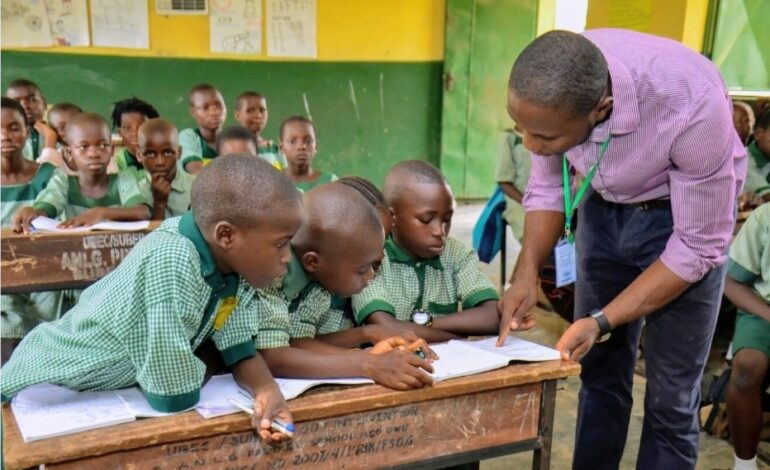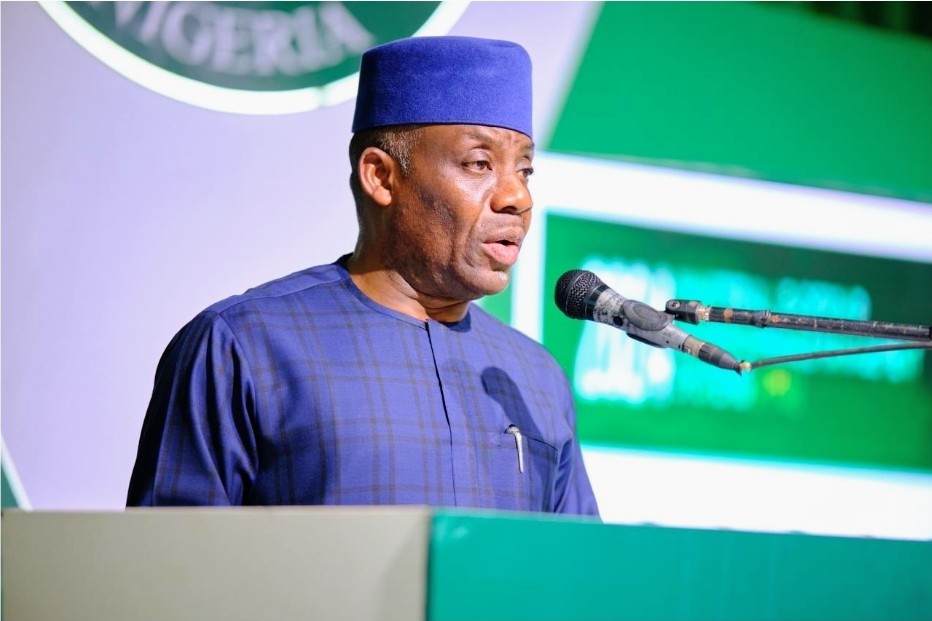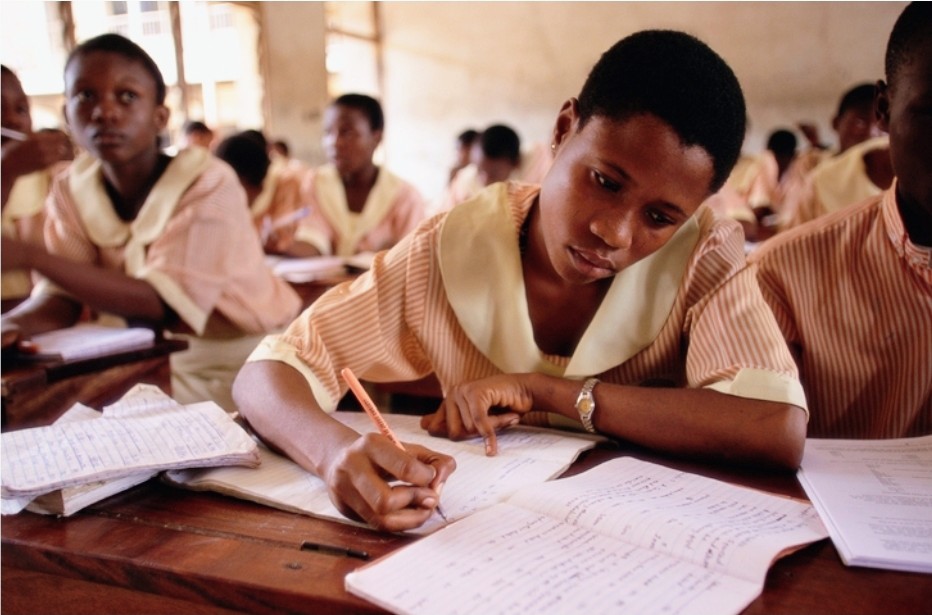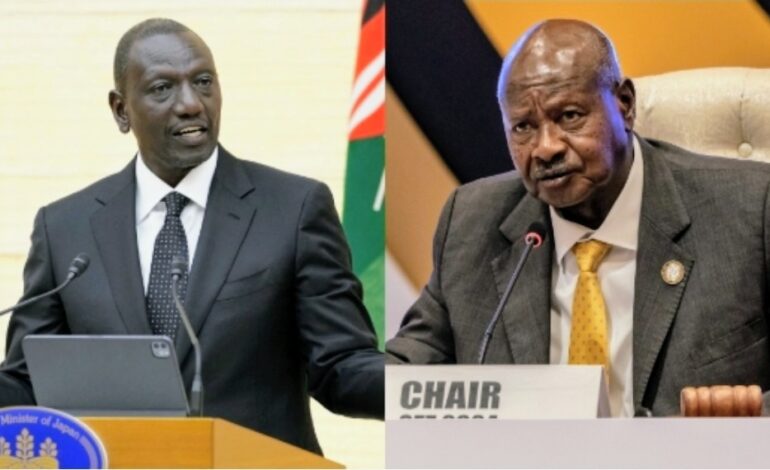
Wayne Lumbasi
Nigeria has taken a major turn in its education system, announcing the cancellation of the long-standing policy that mandated the use of mother-tongue languages in primary schools. The Federal Government declared that English will now be the sole medium of instruction from pre-primary through primary education, citing the need to improve national cohesion and align with global education standards.
The decision was made during the 69th meeting of the National Council on Education, with Education Minister Dr. Tunji Alausa highlighting that data indicated students in regions where indigenous languages were emphasized underperformed in national examinations such as WAEC, NECO, and JAMB.

The government argued that the shift to English is necessary to standardize educational outcomes, improve literacy, and provide students with better opportunities in a globalized world.
Officials also pointed to longstanding challenges with the previous policy, including inconsistent implementation across states, lack of adequate teaching materials in local languages, and limited teacher training. A new teacher development program focusing on literacy and numeracy for early grades has been introduced to support the transition.

The change has sparked discussion among educators, parents, and language advocates about its impact on cultural identity and learning. Research consistently shows that children learn best when taught in their first language during early years, improving comprehension, cognitive development, and engagement. There is concern that English-only instruction may affect students in rural and multilingual communities where children have limited exposure to English before school.
Nigeria is home to over 500 indigenous languages, making language policy both complex and culturally significant. While the government emphasizes the benefits of a common language, many are watching closely to see how this policy will affect foundational literacy, educational equity, and the preservation of Nigeria’s linguistic heritage. This decision marks a critical moment in the country’s ongoing effort to balance cultural identity, learning outcomes, and the demands of a modern, globalized society.
EDUCATION
DECOLONISATION OF AFRICAN EDUCATION: GHANA’S BOLD STEP TOWARD CULTURAL REBIRTH
SOMALIA TO INTRODUCE SWAHILI IN SCHOOLS AND TO BOOST EAST AFRICAN INTEGRATION








